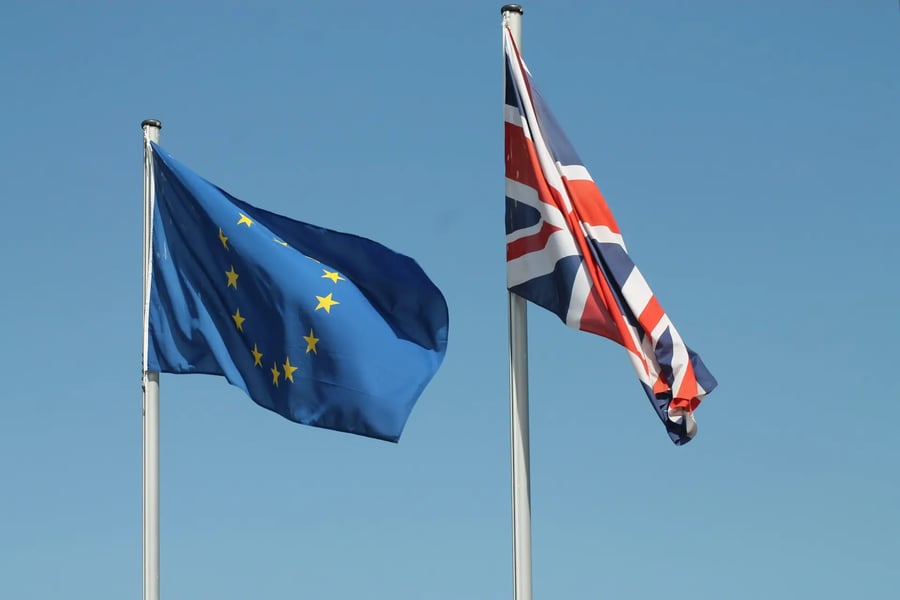The European Union and the United Kingdom increased sanctions against Iran on Monday in response to its continued backing for Russia’s invasion of Ukraine.
The sanctions targeted important Iranian ports, shipping corporations, and state-run institutions suspected of supporting the transfer of drones and missiles to Moscow.
According to AFP, the EU banned the export, transfer, and sale of components used in the manufacturing of missiles and unmanned aerial vehicles in Iran on Monday.
The restrictions also target Iranian ports, notably Amirabad and Anzali, which are thought to be conduits for transporting military supplies to Russia.
The EU said in a statement as the bloc’s foreign ministers met in Brussels:
“This measure includes the access to facilities of the ports and locks, such as Amirabad and Anzali, and the provision of any services to vessels.”
The EU’s new regulations forbid any dealings with ports owned or controlled by sanctioned persons or businesses involved in such transfers.
However, the EU stressed that aid could still be provided to vessels in trouble under marine safety standards.
In addition to targeting ports, Brussels has sanctioned Iran’s state-run shipping business, IRISL, and its director, Mohammad Reza Khiabani, as well as three Russian shipping companies accused of moving weapons from the Caspian Sea to Russia.
These steps followed previous restrictions against Iranian officials and airlines suspected of supporting Russia’s war campaign.
The United Kingdom has also taken action, suspending the assets of IRISL and Iran Air, who are accused of delivering ballistic missiles and military equipment to Russia.
The British government has also prohibited the Russian cargo freighter Port Olya-3 from visiting any UK ports.
These actions by the EU and UK build on previous sanctions imposed by the E3 powers (UK, France, and Germany) in reaction to Iran’s alleged delivery of short-range missiles to Russia.
Iran dismisses Western charges that it has provided missiles or drones to Moscow for use against Ukraine.
Prior to the release of the new sanctions, Iranian Foreign Minister Abbas Araghchi stated on Sunday that the EU was targeting its maritime lines under a “non-existent missile pretext”.
“There is no legal, logical or moral basis for such behaviour. If anything, it will only compel what it ostensibly seeks to prevent,” Araghchi wrote on X.
“Freedom of navigation is a basic principle of the law of the sea. When selectively applied by some, such shortsightedness usually tends to boomerang.”
The penalties come at a tough moment for Iran, which was already hurting by US sanctions imposed following Washington’s exit from the nuclear deal in 2018.
Iran’s economy is under considerable pressure, and the government has stated that it will carefully evaluate its reaction to the latest sanctions.
